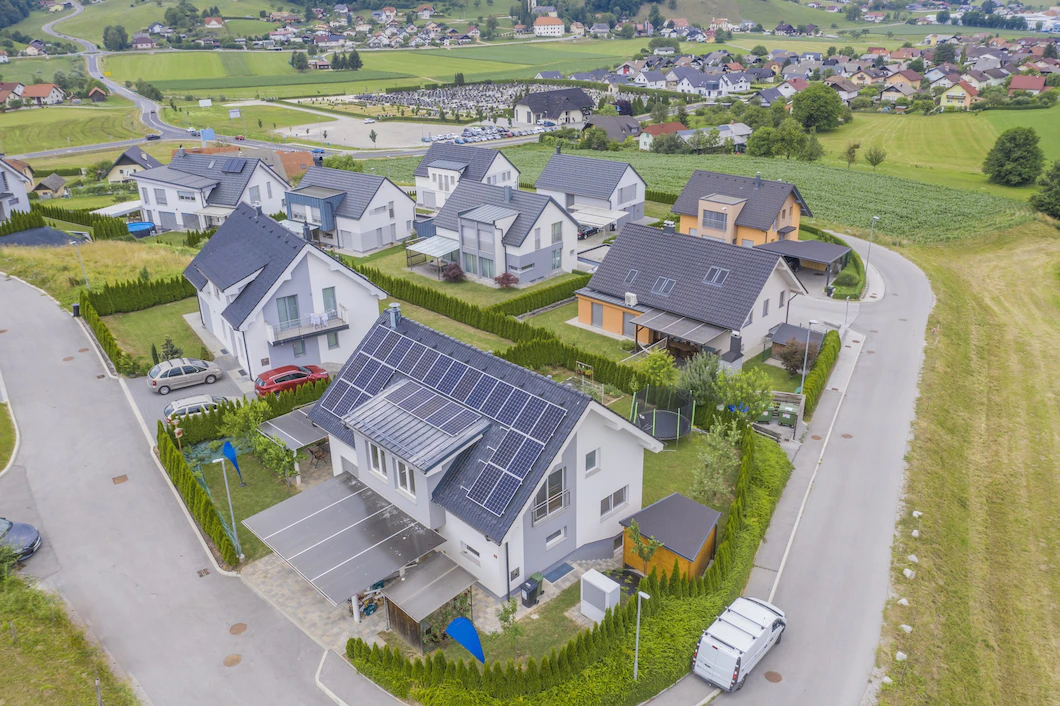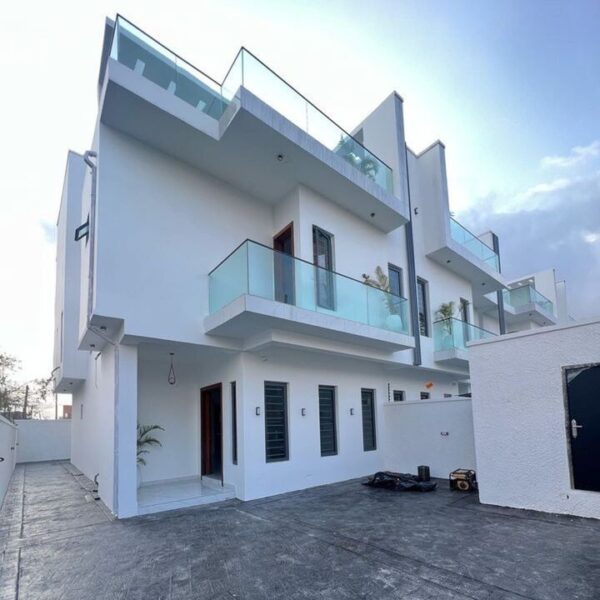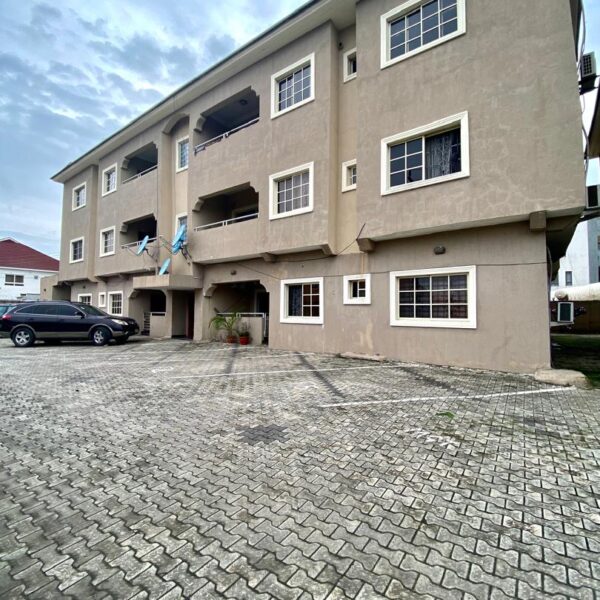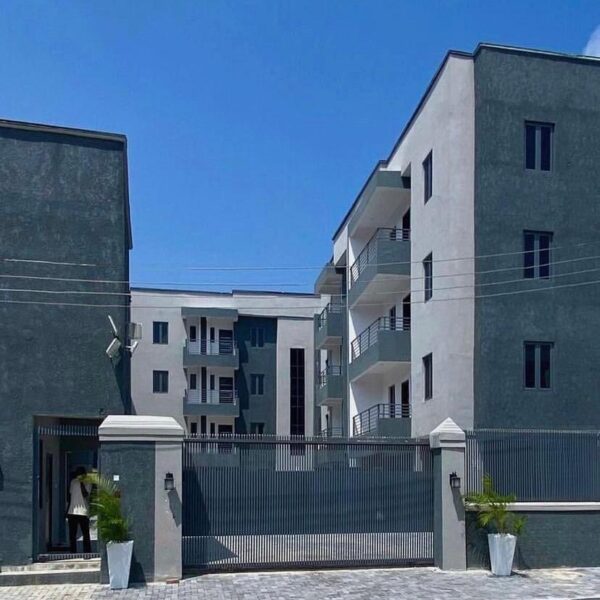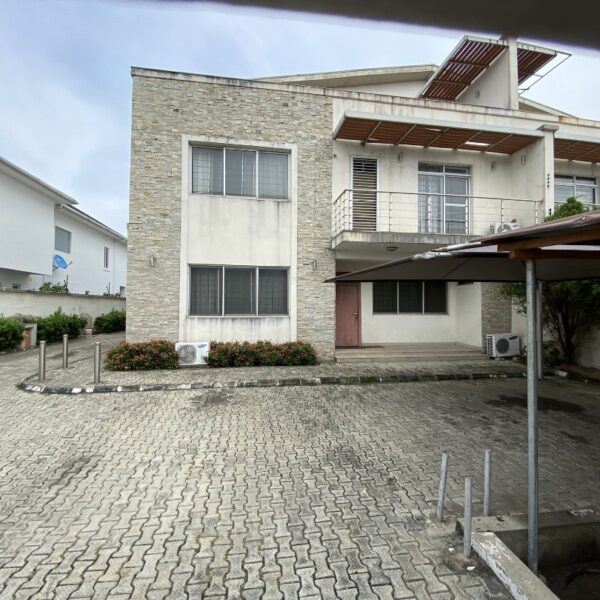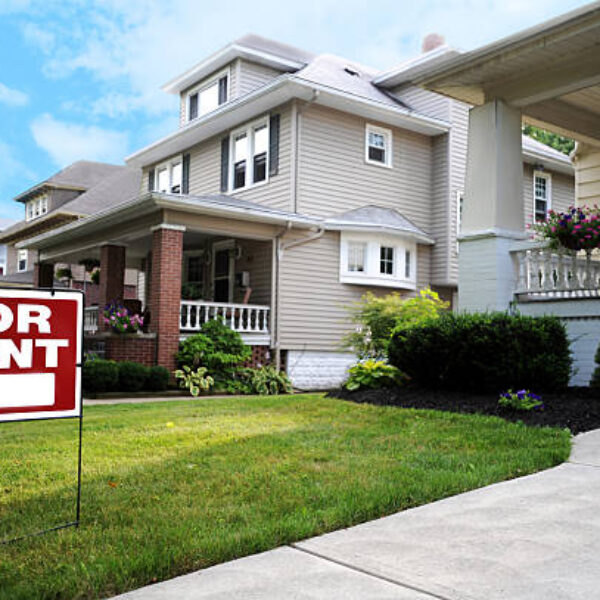The heat on the country’s real estate is increasing, especially in the residential sector, as a result of continuing unfavorable policies and a liquidity crisis that is harming the economy.
Despite rising demand for residential real estate, there are still not enough homes on the market, making some properties desirable and expensive for potential purchasers.
Mortgage rates and funding costs continue to be high despite the weak state of the economy as a whole.
A substantial portion of the labor force has upped their costs due to inflation and the rising cost of living, which is harming investors and forcing them to push back project completion dates.
Depreciation of the naira, limited access to public land for mass housing, high building material and financing costs, a growing number of people wishing homeownership, a lack of options for those with low incomes, and an unfavorable business climate are some of the issues affecting the market.
The listings and related offers of residential real estate transactions and dealings in the market place are recently starting to get fascinating, according to estate surveyor and valuer Mr. Sam Eboigbe.
It should be noted that the market has returned in several regions with excellent performance, notwithstanding the initial difficulties experienced in the sector during the COVID-19 and immediately afterwards.
What the commercial real estate sector would see as setbacks, according to Eboigbe, the former chairman of the Nigerian Institutions of Estate Surveyors and Valuers (NIESV) faculty of estate agency and marketing, is, however, viewed as the many wins for the residential real estate market.
“Offices have recently shrunk, and several units of commercial space have been put back on the market.”
He claims that the widespread adoption of the “work from home” attitude has had a favorable impact on the market’s high volume of transactions.
“Since COVID until the present, we have seen a phenomenal increase in the pricing of serviced apartment buildings in Lekki Phase 1, Victoria Island, mainland.
Since some developers wanted to take advantage of the market and introduced items that couldn’t compete with the expectations and standards present in the market area, it is not uncommon to see listings without healthy bids.
You are urged to create expansive designs and elegantly polished products that will stand out in the market arena for quick deal completion.
With the exception of the unbelievable exchange rate where the naira was being exchanged at N850 to a dollar going by the black market, he claimed that new elements that could affect the market may not have changed much.
“Transactions that are nearly complete with payment expectations are disappointed because any of the parties involved could be persuaded to proceed or not depending on the outcome of the foreign exchange market, which is highly unpredictable in our current inflationary economy.
“Due to rising building material costs, some projects have been unable to finish within specified time frames.
The projects will eventually experience pricing revisions due to changing construction costs.
As the original subscribers sold out to secondary buyers throughout the development phase, it should be noted that completed projects are occasionally made available in the secondary market, he added.
The epidemic had a detrimental effect on the real estate industry, according to Adetola.
It caused a decline in real estate sales and development.
Due to the difficulty in obtaining foreign cash and the devaluation of the naira, access to financing and the price of building supplies have increased during the past few months.
“This is made worse in particular by the fact that the construction industry imports all of its building supplies.
Importing building supplies from other nations has proven to be a pretty challenging endeavor due to the lack of foreign currency.
The inference is that materials are scarce and expensive in the nation when they are present.
Real estate costs rise in tandem with rising material prices.
“The enormous devaluation of the naira in the most recent quarter has led to harmful inflation, making it challenging for the typical Nigerian to purchase real estate.
The residential real estate industry is currently dealing with cost overrun sales, which is why they are dropping.
Nevertheless, he thinks the residential real estate industry is likely to keep growing in the future, albeit at a slower rate, despite the wide range of urgent concerns.
Adetola explained, “This is because there will always be a need for shelter, thus residential marketing will still be successful.
According to Dr. Yemi Adelakun, a real estate developer and the Managing Director of Nigeria Integrated Social Housing (NISH) Affordable Housing Limited, the residential real estate market in the upper and middle income bracket is strong given the buyers’ purchasing capacity.
“New homes are being built while old ones being sold.
Nigerians living abroad are investing in real estate in Nigeria by taking advantage of the favorable dollar-to-naira exchange rate.
“The low-income group’s current situation is different.
Making a purchase affordable for off-takers has become more challenging due to an increase in the cost of building supplies and the ensuing rise in home prices.
For low-income individuals, eligibility and accessibility for mortgages are challenging.
He emphasized that reasons impacting the fall in overall inventory include rising engineering, procurement, and construction expenses as well as declining purchasing power in the lower income and some of the medium income brackets.
Dr. MKO Balogun, an expert with Excellence in Design for Greater Efficiencies (EDGE), stated: “The real estate market is hurting right now on both sides – the rise in construction costs and the subscribers’ inability to finance their acquisition.
Before the government implemented the dollar collection to promote remittances, real estate experienced negative growth for more than 36 months and contributed nearly nothing to the GDP.
The early excitement about the market’s rise with the increased delivery of one and two-bedroom flats has been muted by higher prices. Investment will continue to view residential real estate as a favorable alternative despite the modest but steady decline in inventory, according to Balogun.
Source : The Guardian Newspaper

